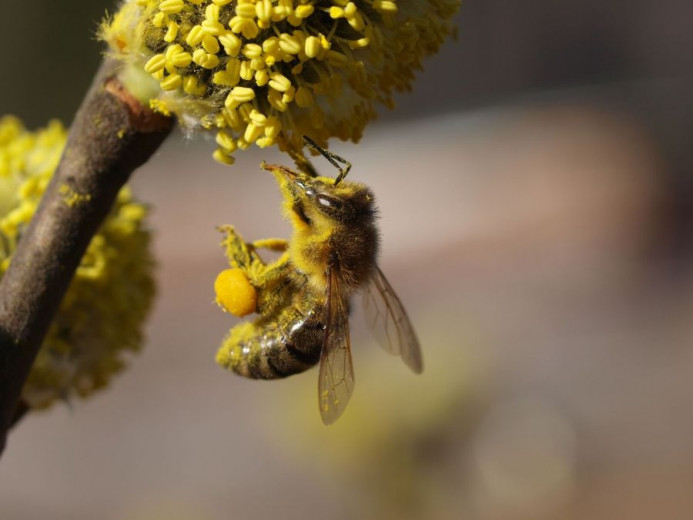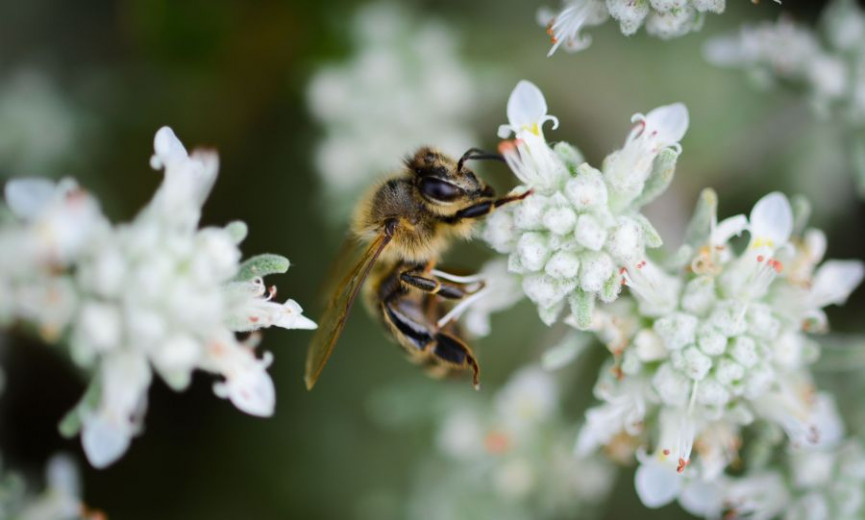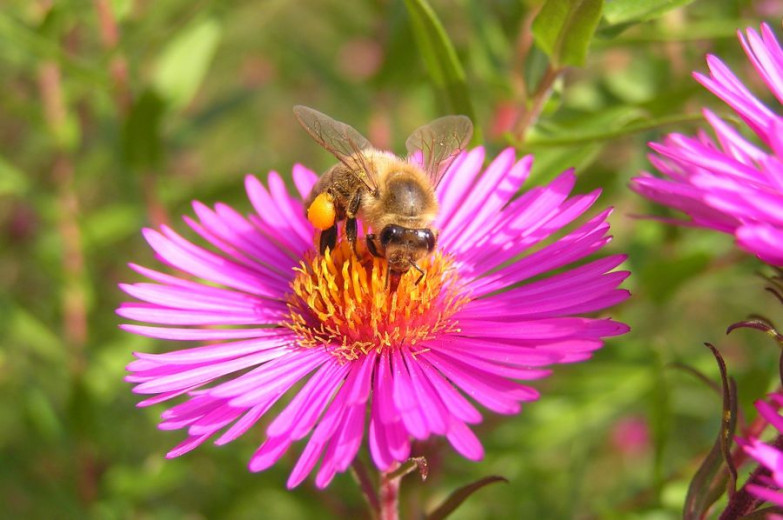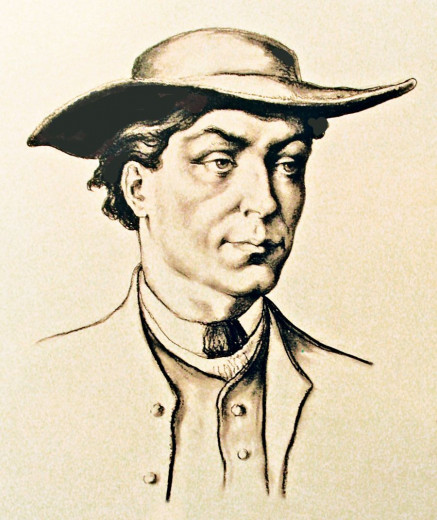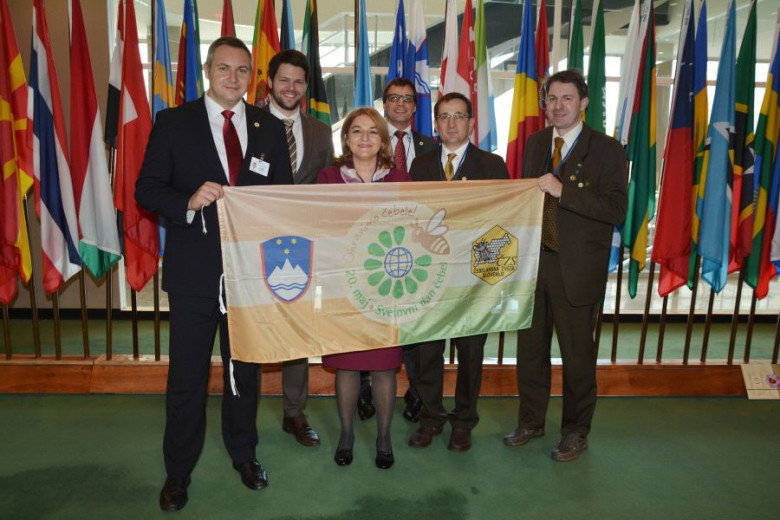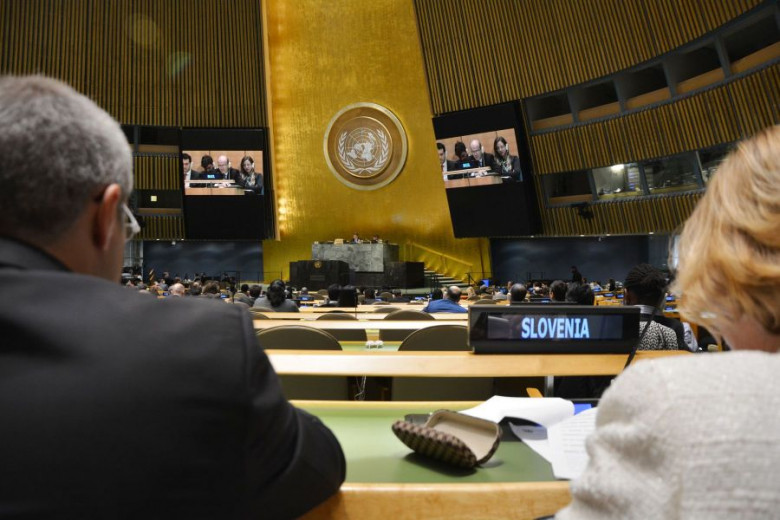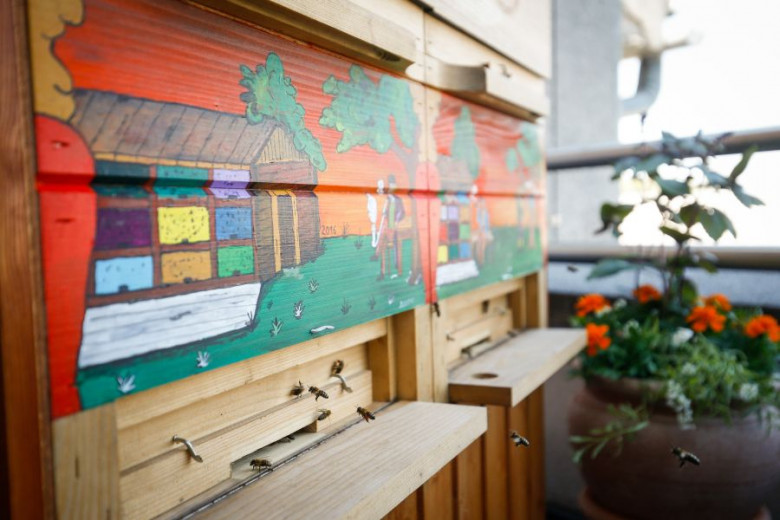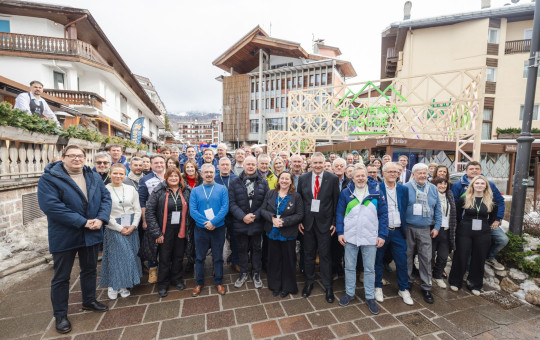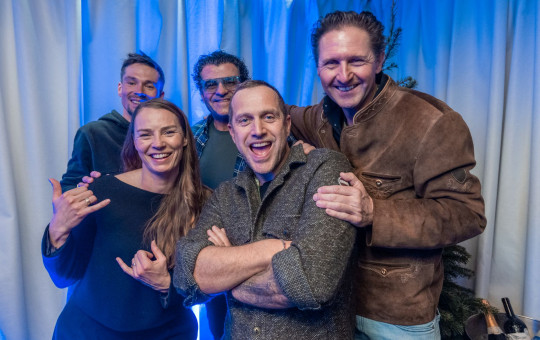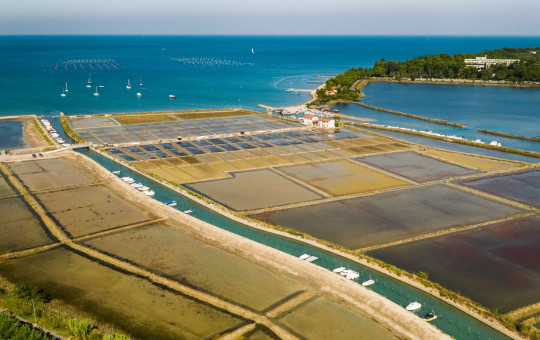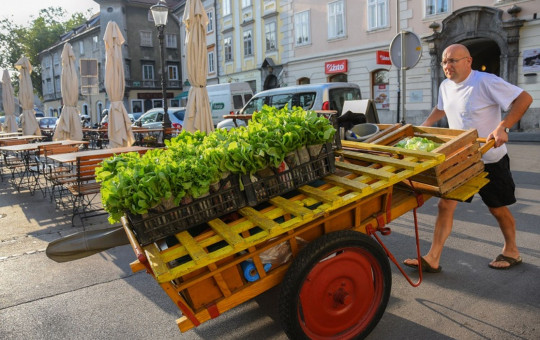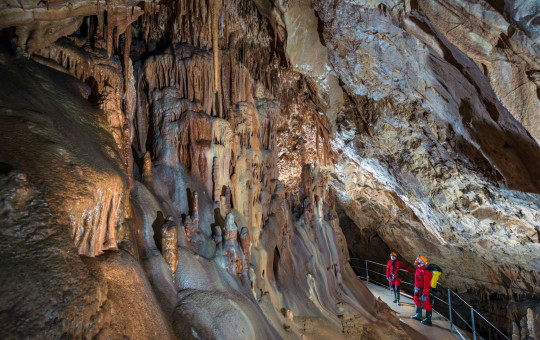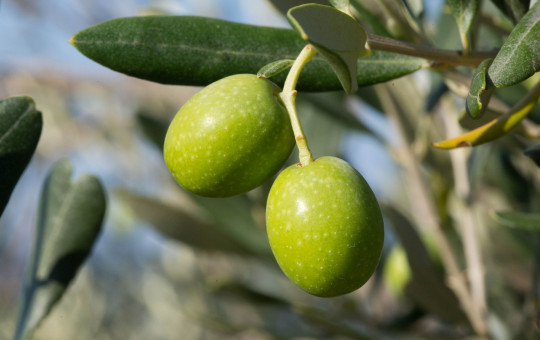Date: 19. December 2019
Time to read: 2 min
In 2017, the Slovenians were able to step together and succeeded in convincing the world of the idea that an international day be dedicated to bees.
Bees are some of the most important pollinators that provide food and food security.
There would be no life without bees, and our aim was to spread this awareness around the world.
Scientific studies have proven that in recent years bees have become increasingly endangered. We believe that only through joint efforts can we ensure that bees and their habitats are protected.
Slovenians are especially proud of the Carniolan honey bee, an indigenous subspecies, which is why we consider its preservation our mission.
Slovenians are a genuine beekeeping nation, as more than 10,000 inhabitants, i.e. every 200th Slovenian, is engaged in this activity.
The fact that the United Nations approved Slovenia's proposal to proclaim 20 May as World Bee Day is a great achievement for all of us who care about this planet.
Why May?
May is the month when bees are most active. It is the month when the northern hemisphere sees bees and nature develop, while the southern hemisphere enters autumn, when hive products are harvested and the season of honey and honey-based products begins.Bees will be celebrated on the birthday of an important man in the world of bees.
Slovenian beekeeper Anton Janša, who was a pioneer of modern apiculture and one of the greatest experts on bees, was born on 20 May, 285 years ago.
Janša was the world’s first modern teacher of beekeeping; the Austrian Empress Maria Theresa appointed him to the post of permanent teacher of apiculture at the new School of Beekeeping in Vienna. The Slovenians have always been experts in bees, and it is a good thing that with this initiative we are sharing our knowledge and care of bees with the rest of the world.
How it all began
It all actually began on a September morning in 2014, when Boštjan Noč, a great enthusiast and President of the Slovenian Beekeepers' Association, came up with the idea of World Bee Day. This was immediately welcomed by the Slovenian Beekeepers' Association, which presented this idea to the then Minister of Agriculture, Forestry and Food, Dejan Židan. The idea soon became Slovenia's initiative, supported by the Slovenian Government and the President of the Republic of Slovenia, Borut Pahor. The fact that today the initiative for the World Bee Day is accepted worldwide was neither quick nor easy to achieve. It took three years of correspondence, meetings, presentations, travel, sleepless nights and much more.
On 20 May 2015, a special project group was established at the state level, which was tasked with coordinating the activities seeking support to file a proposal that the United Nations declare World Bee Day. The first major international approval was given in September 2015, when the initiative was approved at the 44th APIMONDIA Congress in South Korea. This was followed by the first public presentation at the 70th session of the UN General Assembly in September 2015 in New York. The formal procedures within the United Nations Food and Agriculture Organisation (FAO) commenced in September 2016. In July 2017, the FAO finally approved the resolution and decided to submit it for consideration and adoption at the UN General Assembly in New York.
On 17 November 2017, the resolution was finally approved by 115 countries, and on 20 December 2017 the UN General Assembly unanimously adopted a resolution by means of which it declared 20 May World Bee Day.
The first celebration of World Bee Day
The first celebration of World Bee Day was marked by many events and ceremonies that took place in virtually every town and city of our beautiful country. Many events also included children, as we believe it is important to bring the meaning of bees closer to the youngest generations. Children drew beehive panels, baked honeybread biscuits, visited the Museum of Apiculture in Radovljica, etc.
The Slovenian Government even set up an urban beehive on the roof of the Slovenian Government's building. On this occasion, the Bank of Slovenia issued a special 2-euro commemorative coin to introduce World Bee Day to the whole euro area.
We also celebrated this internationally by holding a conference on bees and pollinators, which was attended by ministers and representatives from 22 countries from all continents of the world and international organisations, who discussed the situation, activities and measures necessary for the conservation of bees worldwide. With the Joint Political Declaration, they have committed themselves to enhancing cooperation between countries, particularly with regard to the measures designed to protect bees and other pollinators, raise public awareness, educate and exchange good beekeeping practices.
On this occasion, Slovenia established a special Slovenian Beekeeping Academy, as interest in Slovenian beekeeping know-how greatly increased.
Slovenia wants to share this know-how beyond its borders as part of an international school, and thus contribute to the improvement of beekeeping know-how and the exchange of good practices elsewhere in the world.
Slovenia has boldly and prudently moved from words to action for the sixth year. We look forward to the second celebration of World Bee Day. How will you celebrate it?

